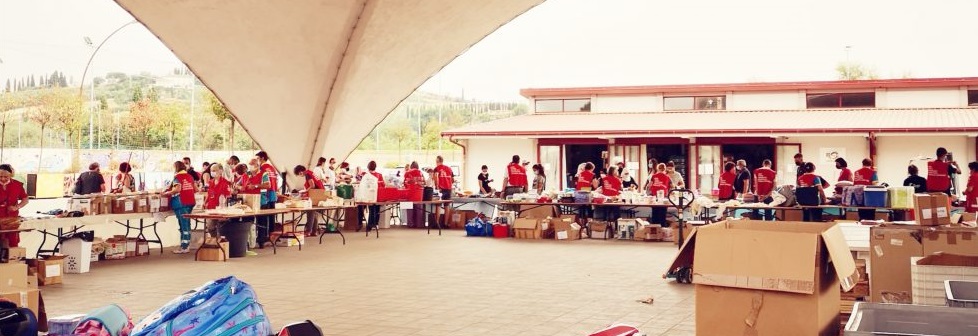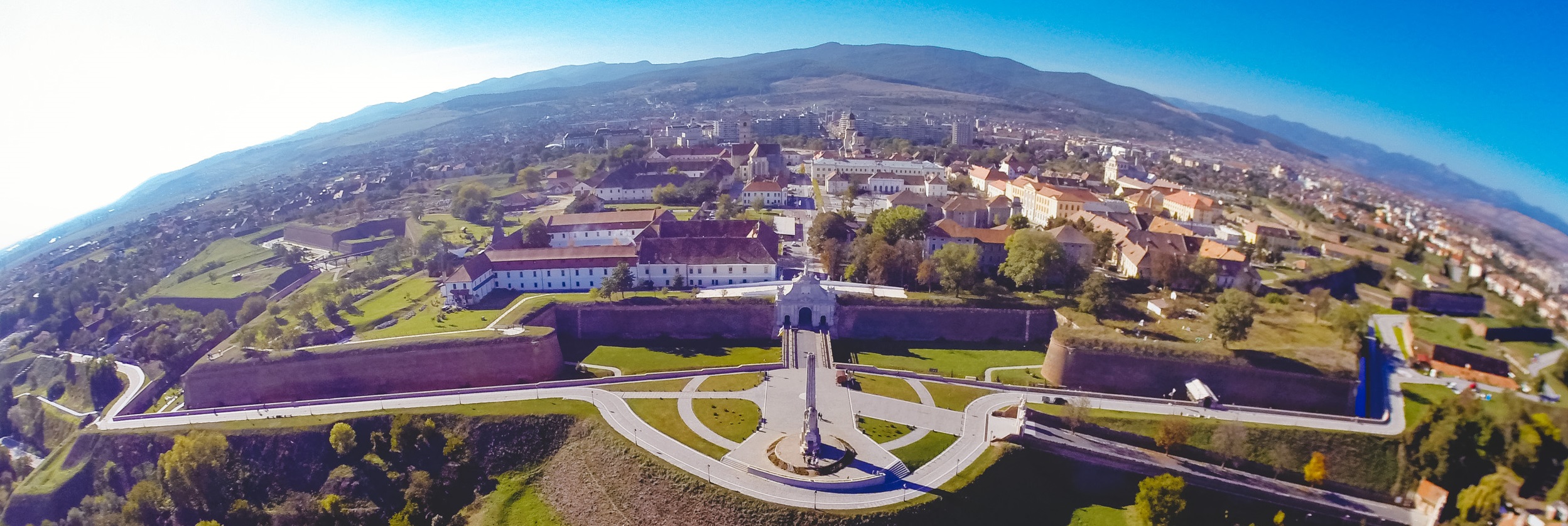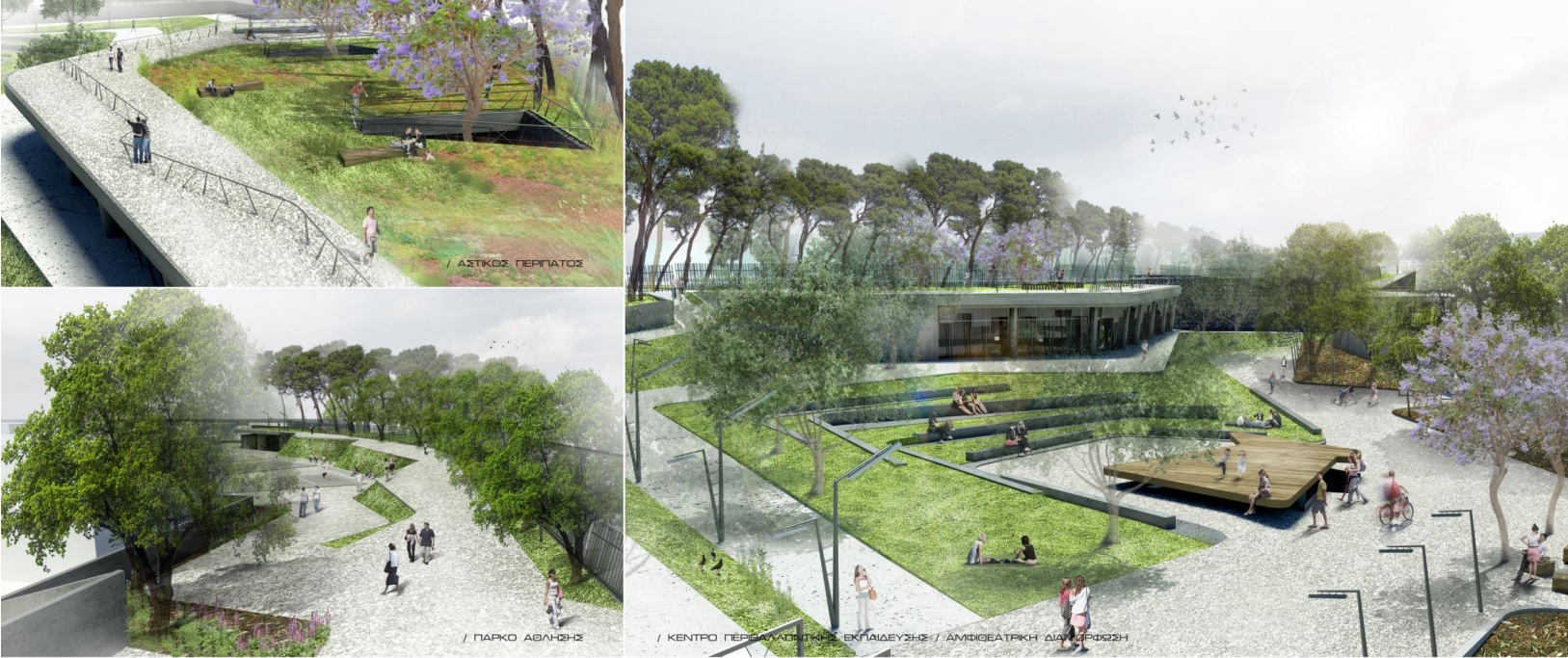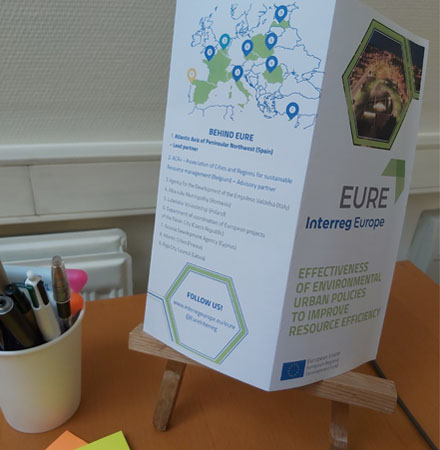The regional report of Alba Iulia is now available! Discover more about the integrated development strategy of the Romanian city.
Alba Iulia is the administrative center of Alba County in the west-central part of Romania, located on the Mureș River in the historical region of Transylvania, and is a medium-sized city in Romania with 74.000 inhabitants, also known as “The Other Capital”. In Alba Iulia you can find the largest Vauban citadel in Romania and the 2nd largest in Central and South-Eastern Europe: Alba Carolina is the vivid memory of a complex past during the Habsburgs’ domination of Transylvania.
Alba Iulia enhanced its sustainable development by attracting non-reimbursable funding. So far, the municipality managed to attract during the 2007-2019 period over 200 million Euros for sustainable development projects in virtually all fields of activity.
The main priorities of the city are disseminated within the Integrated Strategy for Urban Development are Smart, sustainable, and inclusive economic growth; Sustainable tourism based on the rich cultural heritage; Reducing pollution and increasing energy efficiency; Developing a coherent, inclusive and efficient environment for local businesses; Developing mobility infrastructure and public services by using smart solutions and transforming Alba Iulia into ”a more livable city”.
The report focuses on the policy instrument addressed “ Integrated Urban Development Strategy” a basic document in defining the framework to ensure the implementation of a coherent vision of integrated evolution of community-specific development sectors.
The goal of the integrated development strategy is to define as clearly and coherently as possible the role and place that a locality will occupy in the region, how it will look like in ten years or even more: how it will be perceived, how interesting it has become for business and investors, how it manages to capitalize on and promote its cultural heritage, how attractive it has become for tourists and, last but not least, how it provides resources to motivate people to stay live in it, and even more so, to convince people from other places to consider it "at home".
Access the Regional Report Alba Iulia here.















